Former Nigeria’s Vice President, Atiku Abubakar, has again criticised President Bola Tinubu’s style of government, saying that he lacks ideas on the best strategies to adopt in implementing his economic reforms, thereby causing Nigerians untold hardship.
Atiku, who was the presidential candidate of the Peoples Democratic Party (PDP) in the 2023 general election, said he would have offered Nigerians better policies to cushion the effect of the economic reforms causing the citizens pain such as fuel subsidy removal and stimulate the economy for Small and Medium Scale Enterprises (MSMEs) to thrive.
Join our WhatsApp ChannelAtiku stated this in a statement released by his media adviser, Paul Ibe, on Tuesday.
He was responding to comments by Tinubu’s Special Adviser on Information & Strategy, Bayo Onanuga, to his earlier critique of Tinubu’s economic policies.
Onanuga had while responding to Atiku, said he has embarked on a mission as a poor opposition-in-chief, adding that the former vice president didn’t offer any better policy options in his run for the Presidency different from the economic reform agenda being pursued by President Tinubu.
He maintained that Tinubu’s government will cause immediate pains but will usher in an era of prosperity in the medium and long terms.
Responding to that, Mr Ibe said Atiku’s manifesto contrasts sharply with Bola Tinubu’s policy document. He said: “Atiku’s policy document, ‘My Covenant With Nigerians,’ offers a clearly defined and robust roadmap for the socio-political and economic transformation of Nigeria. On the economy, the policy document outlines the challenges we face and our vision to get the economy on its feet and create prosperity.”
He further stated that even though all the presidential candidates agreed that fuel subsidies must go and multiple exchange rates be fixed, what is happening now shows that Tinubu has failed in the implementation of his reform agenda.
“The truth is that, unlike Atiku, Bola Tinubu did not understand the reforms he embarked upon and had no idea what steps to take to mitigate their negative impact.”
He added that Atiku as a leader with foresight had anticipated that the withdrawal of subsidy and the unification of exchange rates could, in the absence of fundamental interventions, impact negatively on micro and small enterprises in the informal sector and poor Nigerians, and “therefore, pledged to support Nigeria’s businesses by creating an Economic Stimulus Fund with an initial investment capacity of approximately US$10 billion to prioritize support to MSMEs across all the economic sectors, as they offer the greatest opportunities for achieving inclusive growth.
READ ALSO: Tinubu’s Administration Owes Nigerians Explanation For NNPC $3.3bn Emergency Loan – Atiku
“The Fund was designed to make it easier for Nigeria’s 60 million micro and small enterprises to navigate the stormy seas in the aftermath of the withdrawal of subsidy on PMS.”
He said this was in contrast to “a paltry” N125 billion offered by President Tinubu to help the MSMEs, which at today’s exchange rate is no more than US100 million. According to him, Tinubu’s pledge is yet to be redeemed.
Atiku’s media aide further claimed that his principal also pledged to implement a robust social investment programme to support the poor and vulnerable in the country, adding that in contrast, officials in Tinubu’s government under the Humanitarian Affairs Ministry “cornered” funds meant for the vulnerable groups.
“Alongside the Economic Stimulus Fund, Atiku pledged to launch a uniquely designed skills-to-job programme that would target all categories of youth, including graduates, early school leavers as well as the massive numbers of uneducated youth who are currently not in education, employment, or training.
“As a leader of vision, Atiku was ready for the potential fallout of his policies. Bola Tinubu was clearly not ready. It was only after he unleashed his morbid reforms that he started groping in the dark, looking for solutions.”
He said Tinubu was unprepared for the leadership task and as such, failed to anticipate impending crisis, and is always slow to respond to the challenges ravaging the citizens and the country in general.
Victor Ezeja is a passionate journalist with seven years of experience writing on economy, politics and energy. He holds a Master's degree in Mass Communication.

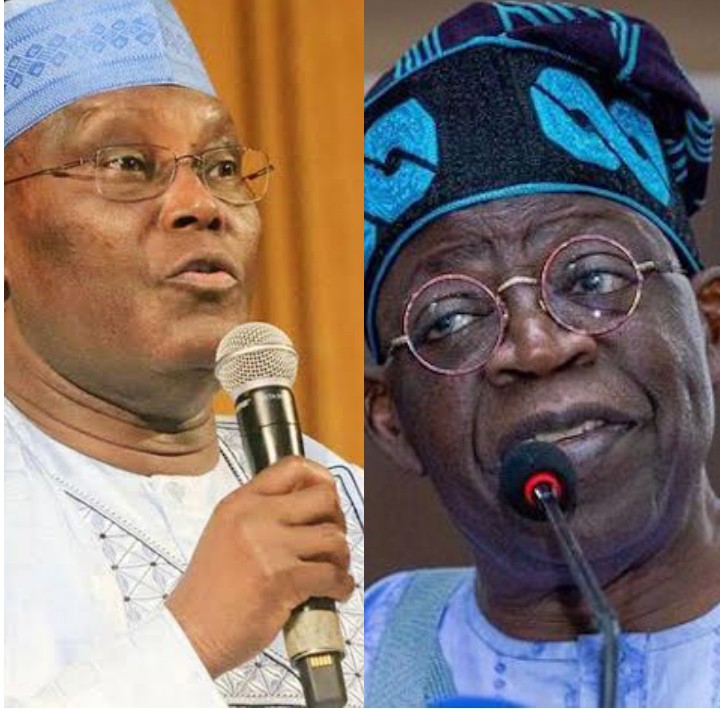





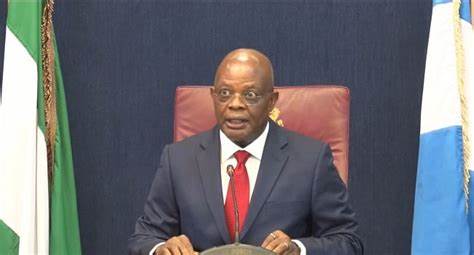








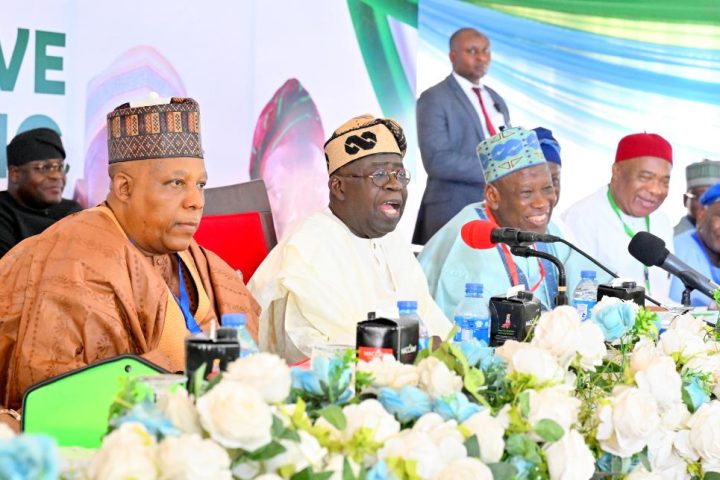
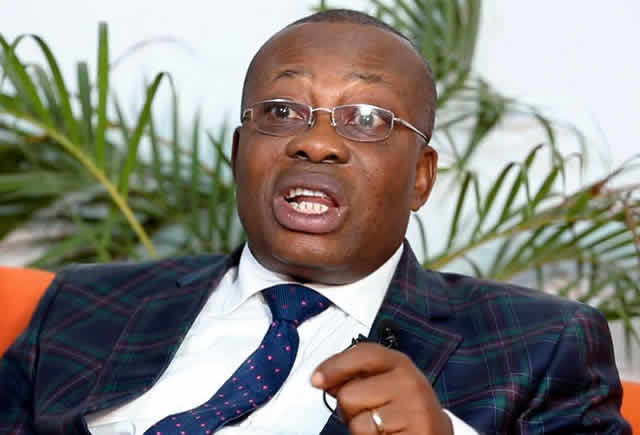
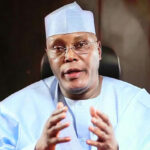
Follow Us